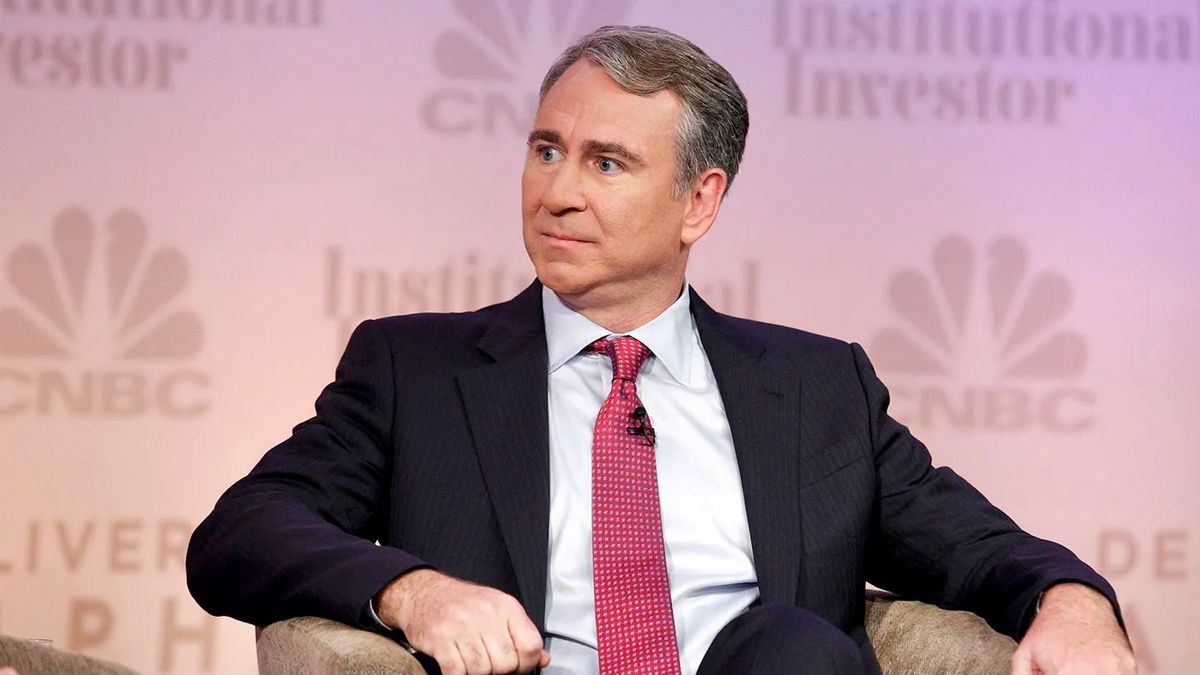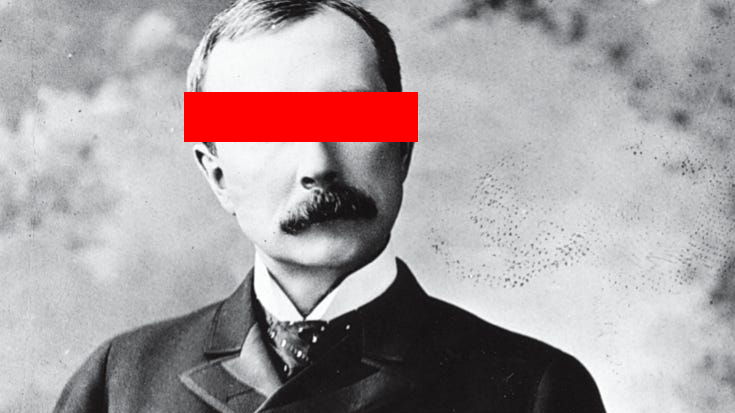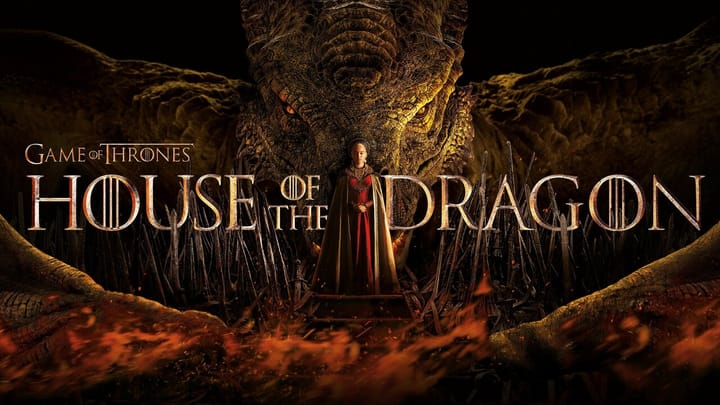Ken Griffin's Keys to Success (Citadel Founder, CEO)
Pattern recognition: Study successful businesses even if they're far removed from what you do. There are principles, strategies, or tactics that could apply to your business.

Ken Griffin is the founder, CEO, and co-CIO of Citadel, one of the most successful hedge funds ever. His Citadel stock may be worth ~$100 billion, making him roughly as wealthy as Elon Musk and Jeff Bezos.
The following are my key takeaways from 2 interviews and a biography on Griffin.
Notes:
You need the right skills/knowledge at the right moment in time. Ken studied software/coding, math, econ, and finance back in the 80s and 90s.
Ken says that the cutting-edge quant finance info of the 90s can easily be found in an online course these days. That's how fast the industry moves. But over the last 33 years, Citadel has developed its moat by continuing to innovate.
Research is figuring out (better than your competitors) what drives the prices of assets. Trading is the monetization of your research.
Never stop learning. The most important stuff you learn in your career comes after college. The good news is that college teaches you how to learn, which is priceless.
Ken says that you NEED mentors – especially mentors that care about you having a successful career.
- Ken learned a lot from people who had 10, 15, 30 years of experience in finance when he was young.
Find someone (or people) who will push you to be your best.
If you're no longer learning at your job, change teams or firms immediately.
People who started their finance careers in 2007, 08, 09, are remarkably wise and resilient today. They have gone through adversity.
History is written by the winners. Ken says that the narrative of Citadel is that it is one of the most successful hedge funds of all time. But Citadel almost went bankrupt in 2008. "It has not been an easy march to success." "My firm has probably lost more money than any other firm in existence. It just so happens that we've also made more money than any other firm in existence. What matters is the net." Citadel has had years where they lost ~$100 billion. Ken says those losses are education – a tuition bill.
You should learn from other people's mistakes. When Long Term Capital went down in 1999, Ken went to their management and asked them all about what happened.
- In 2001, when Enron went down, Ken and his team interviewed people at Enron for a few days. Asking them what worked, what didn't work, and how they made money.
There are different parts of a business. Some parts are better than others. Enron clearly had smart people – figure out which are smart (and ethical) and hire them. Google has departments that print money and others that lose money. When buying a business, identify the good parts and copy and/or buy that part (just the good part).
When you're walking through hell, just put one foot in front of the other. Just keep going.
Surround yourself with people who have been through adversity. They can help you through difficult times.
"I'm always trying to figure out how I can do better; how to be better."
"Success is elusive. However high you climb, success is probably twice as far."
Total addressable market (TAM) is important. Getting into an industry with a large TAM increases your chances of success.
Ken Griffin was asked how to get better and more confident in making important decisions: It's the quantity of decisions made (in powerlifting, this is overload – do more reps). Also, if you repeatedly make a certain kind of decision over and over, you get better at making decisions on that topic (in powerlifting, this is specificity). You learn what questions to ask and what key info you need to know before making the decision.
- This matches up with the scientific principles of strength training.
- This also reminds me of Kobe and Jordan. They both were known for clutch buzzer beater shots. When asked how they got so good they said that they also have the most misses for buzzer beaters. To be the best, you have to practice and fail a lot at what you want to be the best at.
Everyone is a salesperson. Every CEO is a salesperson. They have to sell to VCs to get investment capital. Sell to customers to get sales. Sell to employees to attract and hire them. And they have to sell themselves to the government too (say that you are an honest and diligent company).
- If you don't like to sell, too bad, you have to.
Read Good to Great by Jim Collins. Read Bruce Henderson's business strategy books. Read Hardball by George Stalk.
If you make an already-known but useful product beautiful, easy to use, and effective, you can sell a lot of it. Ex) The Apple iPod was an MP3 player (MP3 players already existed) that was well-designed, beautiful, came in a nice box, and was easy for consumers to use. Charge a high price and preferably the product is something that other people see – something you carry around with you, like clothes, a phone, or an MP3 player back in the day. Maybe sunglasses or a nice wallet or watch or headphones.
- Ideas: Water bottles. Briefcases. Watches. Sunglasses. Umbrella.
In business, you have to win by a landslide. If you don't, your competitors will eat your market share.
Pattern recognition: Study successful businesses even if they're far removed from what you do. There are principles, strategies, or tactics that could apply to your business.
- A great example: Citadel used to print out risk information and give it to their employees. Using this system, Citadel was B-quality risk management. Then they built a giant screen (30 ft long x 10 ft high) that covers the wall in their Chicago HQ that displays the same risk information. They immediately became the industry leaders in risk management. Packaging matters. Where did they get that idea? They went to Saudi Aramco's operations facility in Saudi Arabia and they had a giant screen that displayed their data on oil field output, power plant production, ships at sea, etc.
- Find the best ideas from research, academia, and Wall Street, and implement those ideas.
Whatever is legal is fair game. Don't let morality stop you from monetary success.
Figure out: who are your great competitors, the best thought leaders, who do you want to emulate and learn from?
- Ken's idols in college were Henry Kravis and Paul Tudor Jones.
"At its core, machine learning is about pattern recognition."
Citadel's most profitable area is stock picking (not AI or ML or algorithmic trading). They have top analysts deeply study a stock and understand everything about it – From understanding relationships with suppliers to auditing the code of their software. The best stock pickers at Citadel are right 53% of the time – it's almost 50-50. They use technology to help these people make better investment decisions but it's people (not computers) who are ultimately picking the stocks.



Comments ()